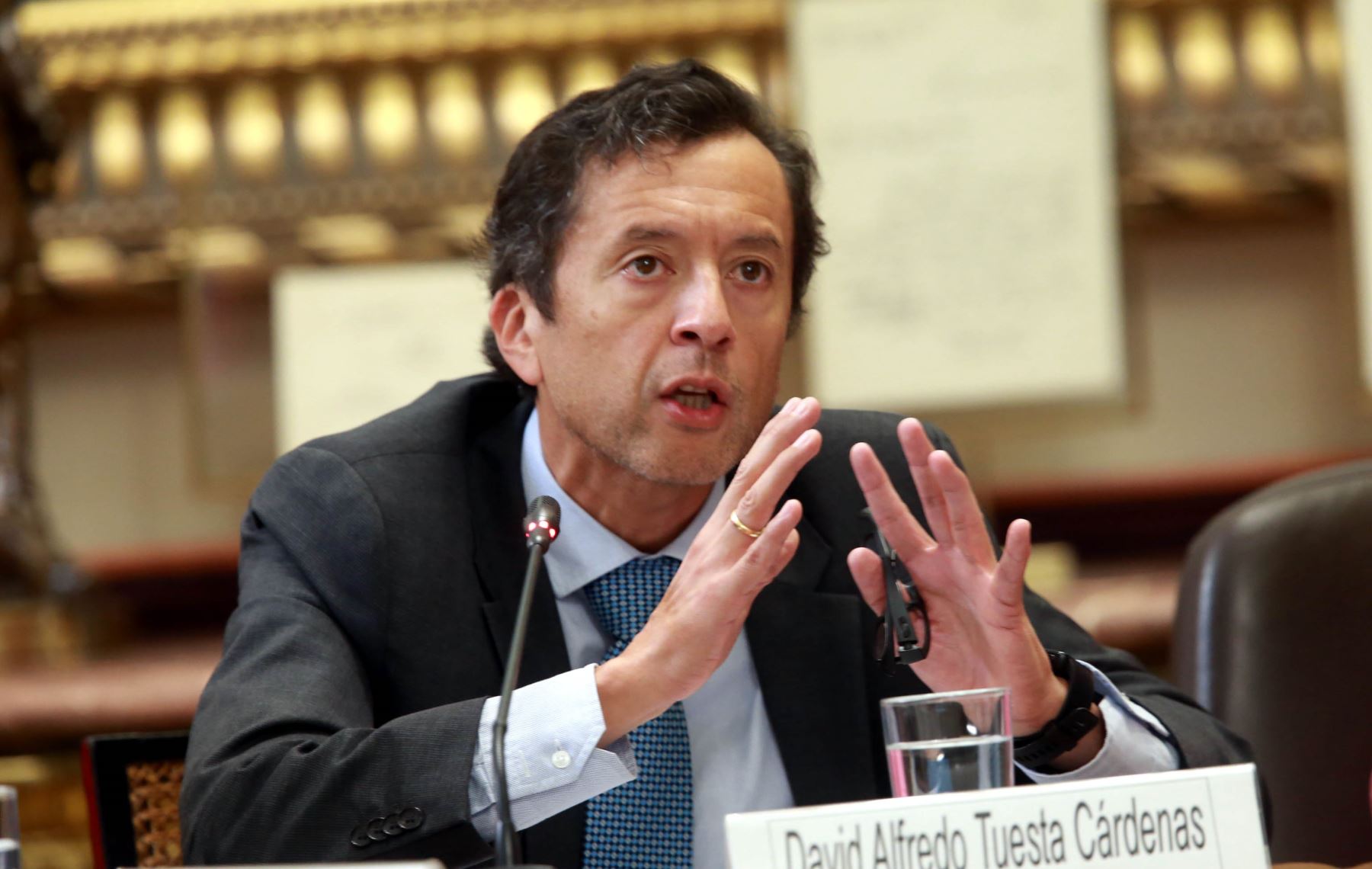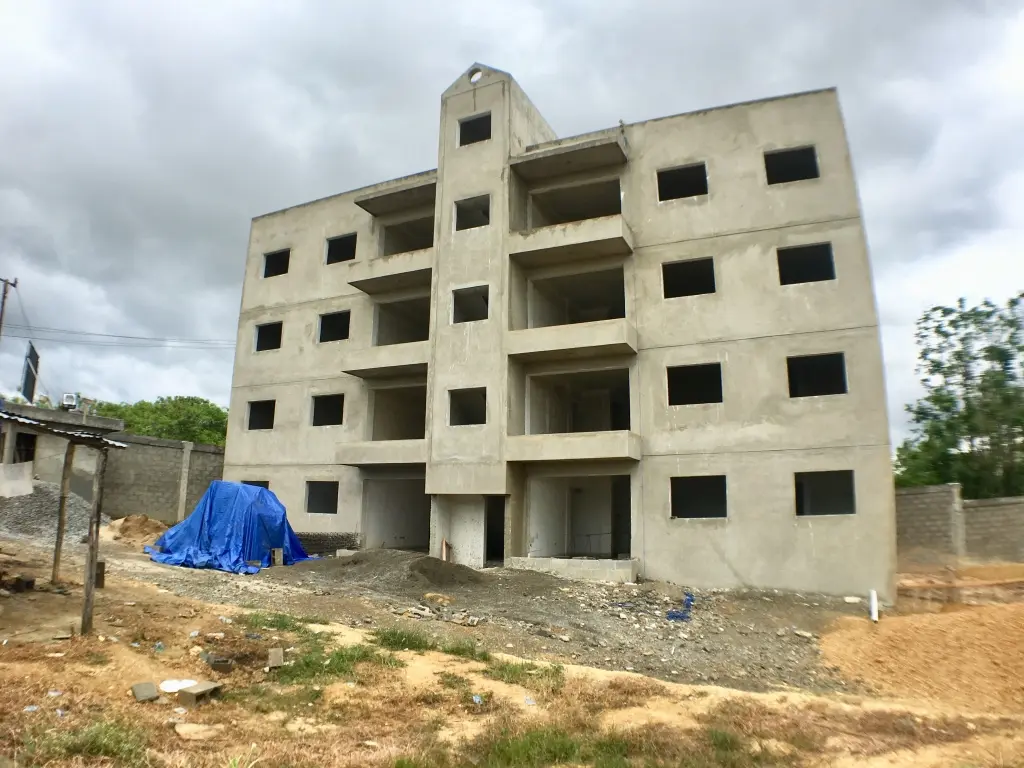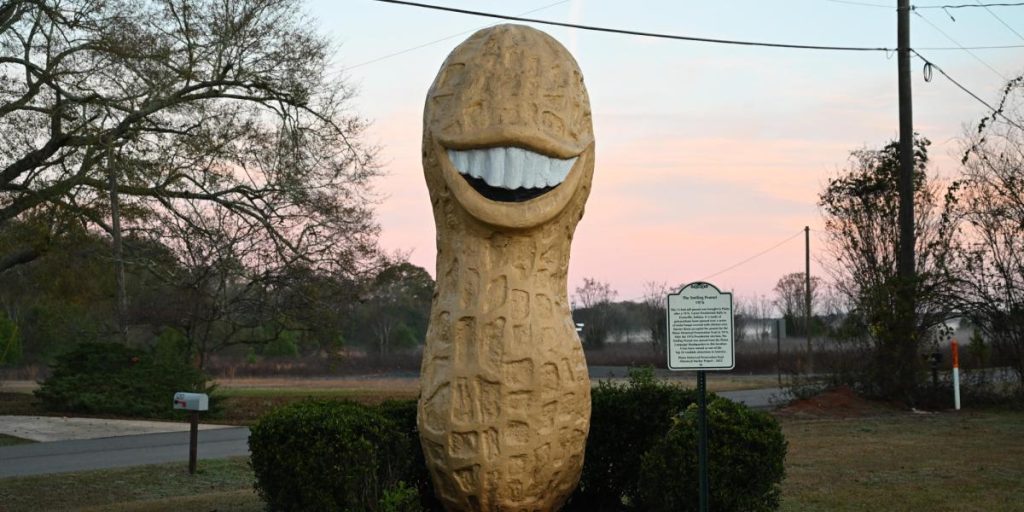The former Minister of Economy and president of the Private Competitiveness Council, David Tuesta, makes an analysis of the economy for next year and what the future of Petroperú’s sustainability would be.
What is your reading on the outcome of the economy in 2024?
We are going to grow within initial expectations, which is positive because there were many doubts that even 3% growth could be achieved. We are going to close with around 3.2% as is being forecast and it is a good figure considering that last year we were in a recession. It is good news regarding the 0.4% that we fell in 2023. However, if we compare it with the level of growth we had a little more than 10 years ago, the current figures falter.
Could it have grown more?
No, if you take into account that there are several concerns at the institutional level. We must not forget that we have not had a government for quite some time that can complete its mandate and that definitely hits growth prospects. Nor can we leave aside that we have a president with 3% approval and a Congress in the same condition. And in this confrontation and negotiation between the two, what may come in the future are risks of greater fiscal spending. In such a complex political scenario it is very difficult to grow more.
In the conditions in which the country is, are large investments viable?
The potential is there. The good thing is that after a long time Proinversión has done a very important job with a quite positive result. Awards have exceeded US$11 billion in the last two years and the prospect of this being maintained over time is important. The problem is the pace at which these projects are going to be executed. Informality, disorder and bureaucratization everywhere are the reasons why we cannot grow at rates of 5%.
If 2025 is a year of electoral campaign and, therefore, of greater uncertainty, why expect that growth can be the same as this year?
Everything looks like the first quarter will be one of good economic growth. There are investments that had been announced and that will begin to be developed between the first and second part of the year. The probability that President Boluarte ends her government is also increasing. That gives you an institutional gain within the precariousness that Peru has. Then, there are the Proinversión awards that will be finalized during the course of the year. There is also the deployment of investment that continues with the Port of Chancay, which contributes between 0.3% and 0.6% of GDP.
The Fiscal Council has maintained that the 2025 public budget is underfunded. How can it impact the economy?
I think the Minister of Economy explained it well. Yes, indeed, the budget is underfunded from the point of view of the unsupported burden that Congress has placed, but one thing is what is authorized and another is what will actually be able to be spent. In practical terms, as has happened in previous budgets, it is spent to the extent that resources last. An institution as respectable as the Fiscal Council is the Central Bank. They project a fiscal deficit of around 2% next year, which would imply that the fiscal goal will be met.
What is the reflection so that the fiscal goals are met?
A much more important issue than the discussion of having more revenue and the need to contain expenses is the role that economic growth plays. The loss of growth capacity that the country has had comes from decisions that were made in the past, such as Petroperú. The decision that the Talara Refinery be built no matter what the cost comes from 10 years ago. There is a great responsibility on the part of those who were authorizing resources and who have also caused the country to lose growth potential.
At least S/5.5 billion of the 2025 budget depends on the success of the litigation in the Tax Court. Does this create perverse incentives?
It is certainly not an adequate signal. That income is known as contingent and should be treated as such, because it’s something you don’t know what’s going to happen. Therefore, giving the signal that the State is going to receive for these is like anticipating the judges’ decisions.
As Petroperú has been operating, is it credible that it will not ask for more money again, as the new board of directors and the premier have assured…?
To date, we do not know anything regarding the entry of the private manager or the debt restructuring, which are key elements that the previous board of directors had raised. Without these, which were intended to call for private sector participation in the percentage permitted by law, it is inevitable that Petroperú would end up asking for money at some point next year. Petroperú is a very weak company financially. Anything minimal, like a small refinery shutdown or a spill like the one that just happened, throws it off balance.
Doesn’t even the latest bailout granted by the State give Petroperú a break to prevent it from asking for money again?
I repeat: it is highly probable that Petroperú will ask for money again. The company is practically insolvent, as some of its current directors have recognized, which is why it is unable to participate, for example, in the allocation of lots. For this reason, the previous board, clearly, had established that in the month of September Petroperú should already have the private manager working there and have negotiated with the bondholders a better payment profile so as not to be so financially suffocated. As far as I know, none of that has happened.
Do the premier and the new president of the oil company assure that the company will make a profit in 2025?
One issue is the profit that the company can generate in a certain period and another is financial sustainability; That is, the ability to generate profits permanently that allow it to escape from the current state of high debt. We must not forget that, with the financial aid that was given in recent months, what was done was to pay what it currently has as commitments, but it does not make it efficient. If this company does not make profound changes, we Peruvians will be condemned to continue financing it. Therefore, we must ask everyone who signed 10 years ago for this new Talara Refinery why they did it. +
Now available in Yape! Find us at YAPE Promos.
RECOMMENDED VIDEO
















